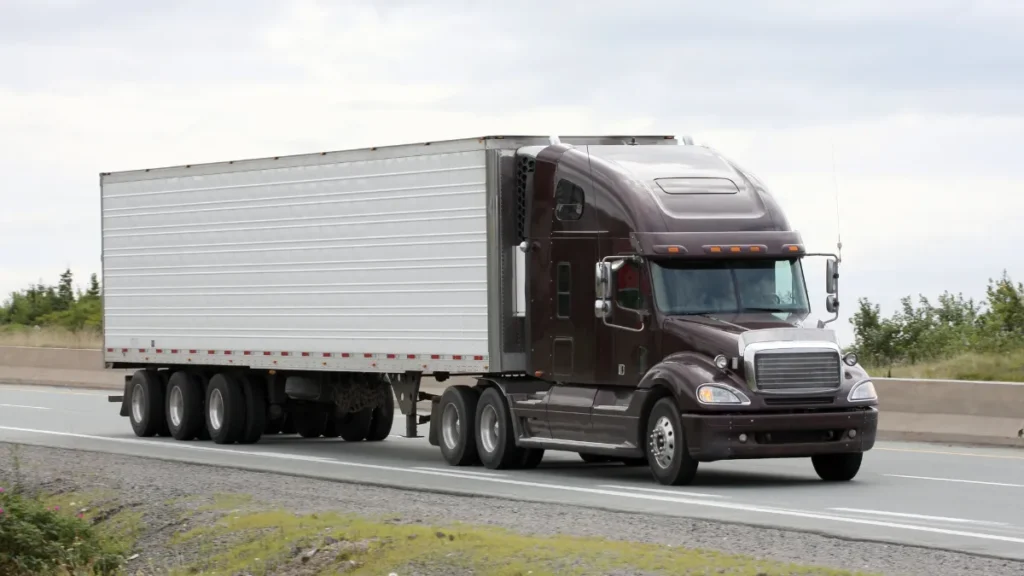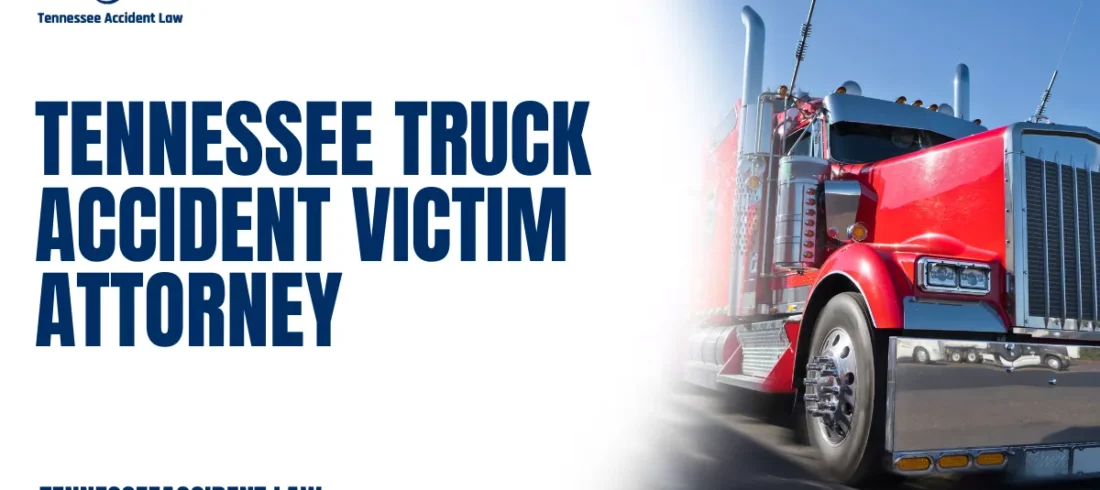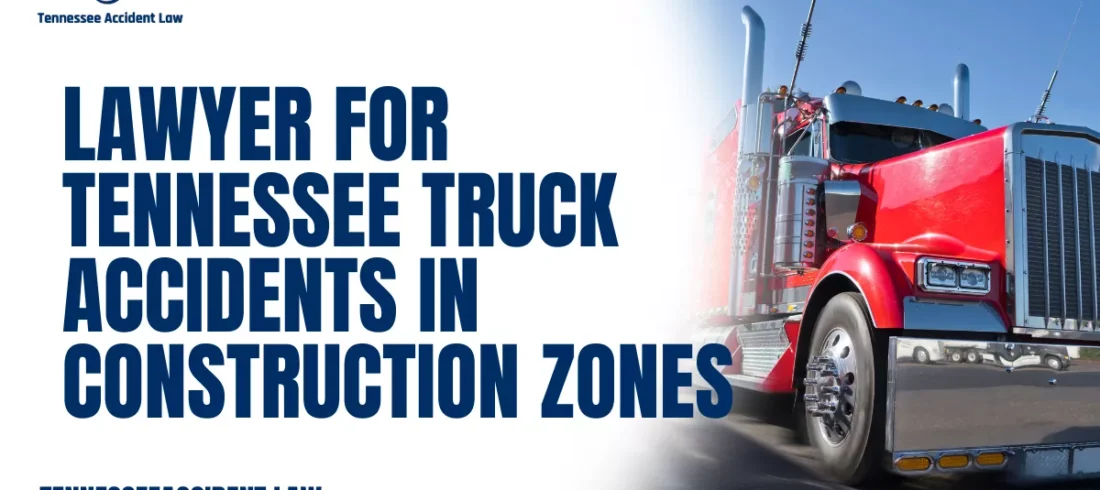The Importance of Evidence in Tennessee Truck Accident Cases
Truck accidents are among the most devastating types of vehicle collisions due to the massive size and weight of commercial trucks. For victims in Tennessee, pursuing justice and fair compensation often hinges on the truck accident evidence collection process. At Tennessee Accident Law, we understand how critical this phase is, and our experienced team works diligently to gather the evidence needed to build a compelling case for our clients. Below, we delve into why evidence matters and how it can make or break your claim. If you have immediate questions, give us a call at (615) 212-9866.

Why Truck Accident Evidence Collection is Vital
In any personal injury claim, evidence serves as the backbone of your case. When it comes to truck accidents, this process becomes even more crucial due to the complex nature of these cases. Trucking companies and their insurers often employ aggressive defense tactics to minimize liability, making it essential to have irrefutable evidence that proves negligence. Key reasons why evidence collection is vital include:
- Proving Fault: Demonstrating who was at fault requires clear, credible evidence.
- Establishing Damages: Evidence is needed to show the extent of injuries, property damage, and financial losses.
- Countering Defenses: Without strong evidence, trucking companies and insurers may shift blame to the victim.
Key Types of Truck Accident Evidence
Building a strong truck accident case requires gathering a wide range of evidence. Here are the most critical types:
1. Accident Scene Documentation
Immediately after the accident, collecting documentation from the scene is essential. This includes:
- Photographs and Videos: Images of vehicle damage, road conditions, skid marks, and weather conditions provide critical context.
- Witness Statements: Eyewitness accounts often corroborate the victim’s version of events.
- Police Reports: Official reports contain preliminary assessments of fault and other valuable details.
2. Truck Driver Records
Federal and state regulations require truck drivers to maintain detailed records. These documents can reveal whether a driver violated safety protocols:
- Hours of Service (HOS) Logs: Fatigue is a common factor in truck accidents, and HOS logs can prove if the driver exceeded legal driving limits.
- Driver Qualification File (DQF): This includes the driver’s licensing, medical certifications, and training records.
- Drug and Alcohol Test Results: Following a crash, drivers must undergo substance testing, which can indicate impairment.
3. Trucking Company Records
Trucking companies are legally obligated to retain specific records, which may highlight negligence on their part:
- Maintenance Logs: Poorly maintained vehicles are often a contributing factor in truck accidents.
- Employment Records: Evidence of inadequate driver training or hiring unqualified drivers can establish liability.
- Dispatch Records: These can demonstrate whether unrealistic schedules forced the driver to speed or violate HOS rules.
4. Electronic Data from the Truck
Modern trucks are equipped with advanced technology that provides critical insights into the accident:
- Electronic Logging Device (ELD): Tracks driving hours, vehicle speed, and braking patterns.
- Black Box Data: Captures key metrics like speed, brake usage, and engine performance at the time of the crash.
- GPS Data: Confirms the truck’s location, route, and compliance with federal regulations.
5. Medical Records
To demonstrate the severity of injuries, medical documentation is essential. This includes:
- Emergency Room Records: Initial assessments provide critical evidence of injury severity.
- Treatment Plans and Prognosis: Ongoing care needs and recovery timelines support claims for future damages.
- Expert Testimony: Medical professionals can explain how injuries impact daily life and long-term health.
6. Surveillance and Dashcam Footage
Video evidence is often the most compelling form of proof. Footage from nearby surveillance cameras, dashcams, or even other vehicles can provide undeniable visual documentation of the events leading up to the accident.

Challenges in Truck Accident Evidence Collection
Despite the importance of evidence, collecting it isn’t always straightforward. Victims face several challenges:
- Timely Preservation: Critical evidence, such as ELD data or black box recordings, can be lost or overwritten if not obtained quickly.
- Trucking Company Resistance: Some companies may intentionally withhold or destroy evidence to avoid liability.
- Complex Legal Processes: Obtaining certain records, such as company logs or ELD data, requires legal expertise and swift action.
At Tennessee Accident Law, we know how to navigate these challenges. Our team uses legal tools like subpoenas to ensure critical evidence is preserved and accessible.
Steps We Take to Secure Evidence for Your Case
When you work with Tennessee Accident Law, we leave no stone unturned in the truck accident evidence collection process. Here’s how we ensure your case is built on a solid foundation:
- Scene Investigation: Our team conducts thorough investigations, capturing every detail that may strengthen your claim.
- Engaging Experts: Accident reconstruction specialists analyze evidence to provide compelling testimony.
- Preserving Trucking Data: We send legal notices to trucking companies to prevent the destruction of records.
- Gathering Witness Testimony: Witnesses are interviewed promptly to secure accurate accounts of the accident.
- Collaborating with Medical Experts: We work closely with healthcare providers to document the full extent of your injuries.

How Tennessee Accident Law Can Help You
Truck accident cases require a strategic approach and an in-depth understanding of Tennessee laws. At Tennessee Accident Law, we have over 20 years of experience helping clients secure justice and compensation. A Tennessee truck accident lawyer exclusively represents plaintiffs, ensuring our focus remains on advocating for your rights.
Our team specializes in handling cases against trucking companies and their insurers. From collecting and analyzing evidence to negotiating settlements or taking cases to trial, we are committed to achieving the best possible outcome for our clients.
Contact Us Today for a Free Case Evaluation
If you or a loved one has been injured in a truck accident, don’t delay. Evidence fades over time, and prompt action is critical to building a strong case. Let Tennessee Accident Law help you secure the compensation you deserve. Complete our free case evaluation form today to get started. Give us a call now at (615) 212-9866.
Sources:
- Federal Motor Carrier Safety Administration (FMCSA)
The FMCSA regulates the trucking industry in the United States, offering data and guidance on driver safety, hours of service regulations, and electronic logging devices. These resources provide a foundational understanding of truck accident causes and evidence requirements.
FMCSA Website - National Highway Traffic Safety Administration (NHTSA)
The NHTSA provides valuable data and analysis on traffic safety, including statistics on truck accidents, contributing factors, and safety regulations. This is a critical source for understanding accident trends and preventative measures.
NHTSA Website - U.S. Department of Transportation (DOT)
The DOT offers extensive reports on transportation safety and federal regulations that govern commercial vehicles. Their resources help clarify the legal framework surrounding trucking and provide context for evidence collection.
U.S. Department of Transportation


